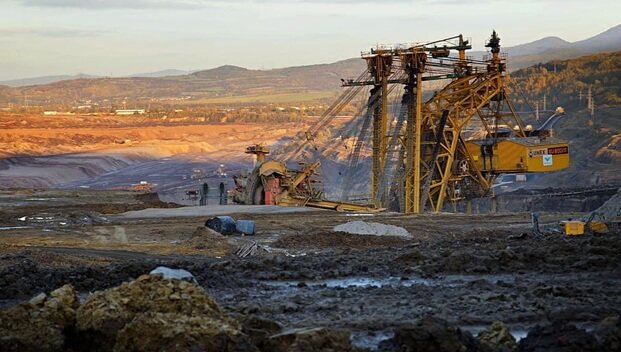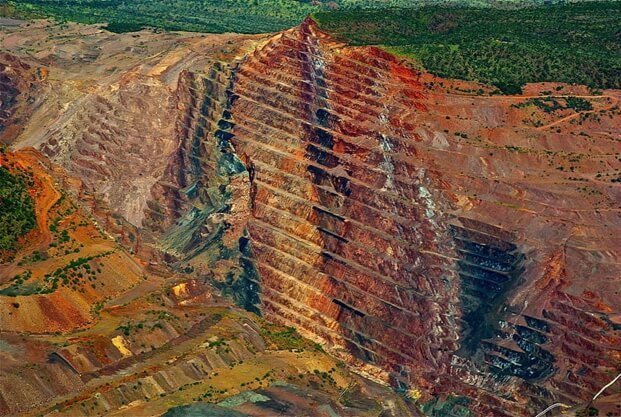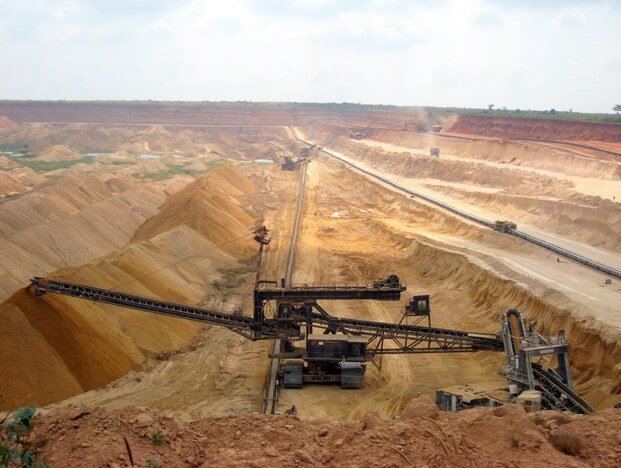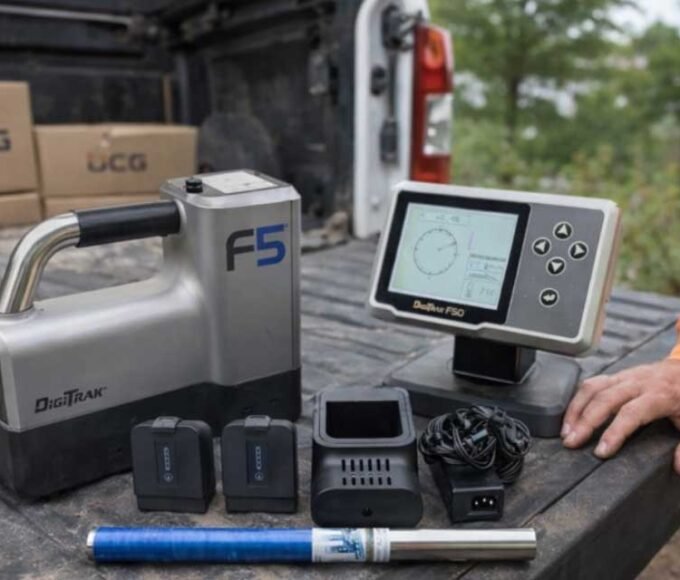If you’re a landowner, you may be wondering if you can lease your mineral rights to a third party. Mineral rights refer to the ownership of minerals, such as oil, natural gas, and coal, that are located underneath the surface of your property. These rights can be leased to companies that extract the minerals in exchange for royalty payments.
In this article, we’ll explore the advantages and disadvantages of leasing your mineral rights, the legal considerations you need to keep in mind, and the process for leasing your mineral rights.
Advantages of Leasing Mineral Rights
- Generate Passive Income: Leasing your mineral rights can provide a steady stream of passive income. The amount of income you can earn depends on what is the average price per acre for mineral rights as well as on the quantity and quality of minerals.
- Minimal Risk: Leasing your mineral rights means that you’re not responsible for the costs associated with exploration, drilling, and extraction. If the company you lease to does not find any minerals or is unable to extract them, you’re not out any money.
- Preserve Your Land: By leasing your mineral rights instead of selling them, you can preserve the surface of your land for farming, hunting, or other uses.
- Potential for Future Development: If new technologies or demand increase the value of the minerals beneath your land, you can renegotiate your lease agreement to receive a higher royalty payment.
Disadvantages of Leasing Mineral Rights

- Limited Control: Once you lease your mineral rights, you give up control over the exploration and extraction process. You may not agree with the methods used by the company you lease to, but you have no say in the matter.
- Uncertain Income: The amount of income you can earn from leasing your mineral rights is not guaranteed. It depends on the quality and quantity of the minerals found and the market price of those minerals.
- Potential for Environmental Damage: Mineral extraction can cause environmental damage, such as soil erosion, water pollution, and habitat destruction. If you’re concerned about the impact on your land and the surrounding area, you may not want to lease your mineral rights.
Legal Considerations for Leasing Mineral Rights

- Ownership: Before you can lease your mineral rights, you need to confirm that you own them. In some cases, mineral rights may have been separated from the surface rights and are owned by someone else.
- Title Search: A title search can confirm that you own the mineral rights and identify any other parties that may have a claim to them.
- Lease Agreement: The lease agreement should spell out the terms of the lease, including the royalty payment, the length of the lease, and the obligations of both parties.
- Taxes: Income from leasing your mineral rights is taxable. You may want to consult with a tax professional to understand the tax implications of leasing your mineral rights.
Process for Leasing Mineral Rights

- Identify the Minerals: The first step in leasing your mineral rights is to identify the type and quantity of minerals on your property. You may need to hire a geologist or mineral rights consultant to help you with this.
- Find Potential Lessees: Once you know what minerals are on your property, you can start looking for companies that are interested in leasing them. You can contact oil and gas companies, mining companies, or mineral rights brokers to find potential lessees.
- Negotiate the Lease Agreement: When you find a potential lessee, you’ll need to negotiate the terms of the lease agreement. You may want to consult with an attorney or mineral rights consultant to help you with this.
- Sign the Lease Agreement: Once you’ve negotiated the terms of the lease agreement, you and the lessee will sign it.
- Receive Royalty Payments: After the lessee starts extracting minerals from your property, you’ll start receiving royalty payments based on the terms of the lease agreement. These payments may be made on a monthly or annual basis.
- Monitor the Extraction Process: While you don’t have control over the extraction process, you can monitor it to ensure that the lessee is following the terms of the lease agreement and not causing damage to your land or the surrounding area.
- Renew or Terminate the Lease: At the end of the lease term, you can choose to renew the lease or terminate it. If you decide to terminate the lease, the mineral rights will revert back to you.
Conclusion

Leasing your mineral rights can provide a source of passive income and allow you to preserve the surface of your land for other uses. However, it also comes with risks and legal considerations that you need to be aware of before entering into a lease agreement. By understanding the advantages and disadvantages of leasing mineral rights, the legal considerations involved, and the process for leasing them, you can make an informed decision about whether or not to lease your mineral rights. As with any legal matter, it’s always a good idea to consult with an attorney or mineral rights consultant before making a final decision.
















